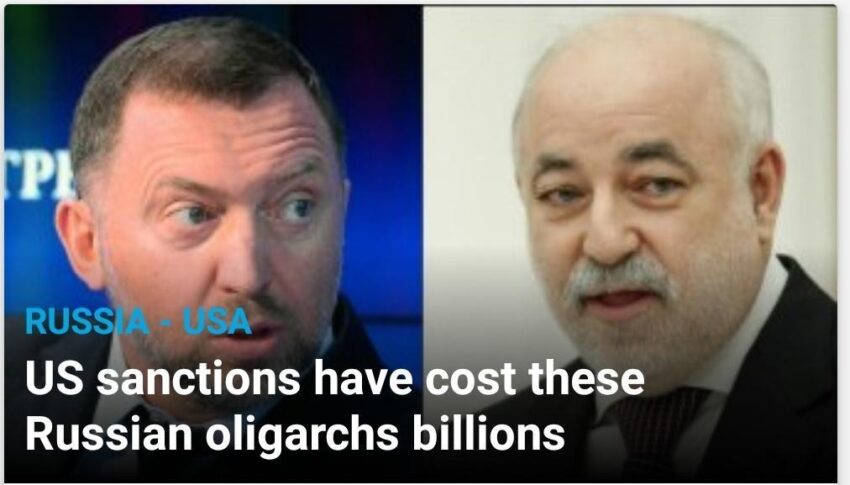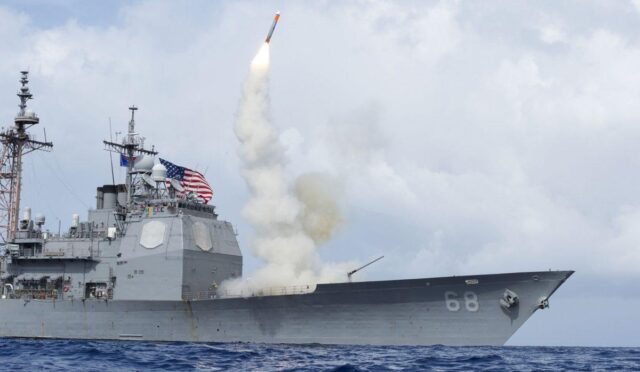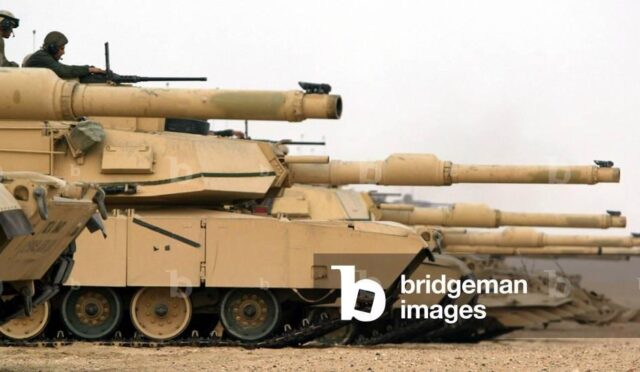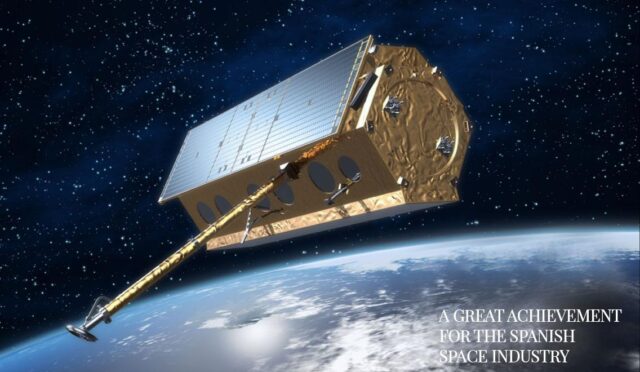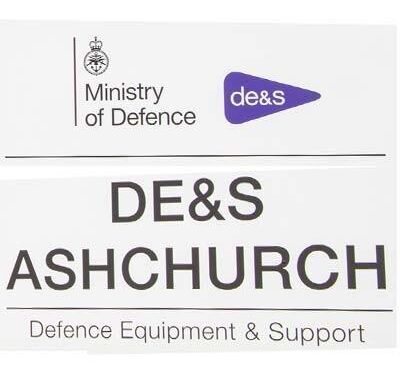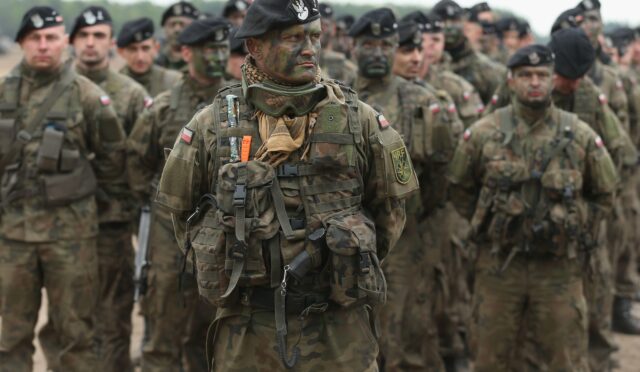Russia Issues Stern Warning to the U.S. Regarding Iran
On Thursday, Russia issued a strong warning to the United States against any military intervention in Iran amidst rising tensions following Israel’s attacks on Iranian targets. The U.S. is currently deliberating on whether to support Israel’s offensive, which has already seen unprecedented strikes against Iran, prompting Tehran’s retaliatory missile and drone attacks.
The Kremlin, a key ally of Iran, has sought to position itself as a potential mediator even while condemning Israeli actions. Russian foreign ministry spokesperson Maria Zakharova emphasized the perils of U.S. military involvement, stating, “We would like to particularly warn Washington against military intervention in the situation.” This warning comes at a time when relations between the U.S. and Russia are further strained.
Putin and Xi Discuss Ceasefire Efforts
Tensions intensified after a recent conversation between Russian President Vladimir Putin and Chinese President Xi Jinping, where both leaders condemned Israel’s military actions and emphasized a return to diplomacy. In their discussion, Xi expressed that achieving a ceasefire should be the top priority to prevent further escalation of the conflict.
The Kremlin reiterated its commitment to mediating the situation in the Middle East, noting that both Putin and Xi advocate for diplomatic solutions rather than military force. This cooperative stance highlights Russia’s aim to maintain its influence in a region where it has traditionally balanced relationships with various powers, despite recent upheavals.
U.S. President’s Mixed Signals
U.S. President Donald Trump has signaled a mixed approach towards the ongoing conflict, stating that he is contemplating whether to support Israel’s military actions against Iran. He expressed uncertainty in his comments, adding, “I may do it, I may not do it,” while dismissing Russia’s proposals for peace mediation.
Trump also noted that he urged Putin to focus on resolving the conflict in Ukraine before addressing the situation in Iran, claiming it is not up to him to accept Moscow’s offer to mediate. Kremlin spokesperson Dmitry Peskov, however, responded by clarifying that Putin’s offer stands regardless of Trump’s position.
Military Support Queries and Caution
Despite ongoing military cooperation between Russia and Iran, President Putin remarked that Iran has not requested military assistance in light of the recent Israeli attacks. During a press conference, he explained, “Our Iranian friends have not asked us about this,” emphasizing that the strategic partnership agreement signed earlier this year was not a mutual defense treaty.
This clarification highlights the complex dynamics at play: While Russia maintains strong ties with Iran, it remains cautious about becoming directly involved in the military conflict. Putin reiterated that the treaty does not obligate either side to provide military support, further distancing Russia from direct engagement in the combat.
Implications of Potential Conflict Escalation
In light of potential conflicts escalating, Zakharova warned that any military action by the U.S. could lead to dangerous and unpredictable consequences. This statement reflects Moscow’s concern for the stability of the region and underscores its desire to avoid a broader armed confrontation.
Putin’s spokesperson added that Russia is prepared to offer humanitarian aid to Iran, should it be requested. This readiness demonstrates Russia’s stance as a supportive ally while emphasizing its preference for diplomatic solutions over military entanglements.
China’s Perspective on the Conflict
Amid these developments, China’s Xi Jinping reinforced the call for a ceasefire, urging parties involved to avoid further hostilities and resolve disputes through dialogue rather than force. According to Xinhua, he stated, “The parties to the conflict, especially Israel, should cease hostilities as soon as possible to prevent cyclical escalation.”
This perspective aligns closely with Russia’s approach, highlighting a shared belief among both powers in the necessity of diplomacy to rectify the situation. It showcases the growing collaboration between Moscow and Beijing as they navigate the complex geopolitical landscape in the Middle East.
Putin’s Mediator Role Amidst Criticism
Putin has sought to position himself as a mediator between conflicting parties, having previously engaged in discussions with both Israeli Prime Minister Benjamin Netanyahu and Iranian President Masoud Pezeshkian. The Kremlin has noted that Xi supports this mediation effort, indicating a united front between Russia and China in addressing the conflict.
However, Western leaders have been skeptical of Putin’s role as a mediator, particularly in light of his ongoing military actions in Ukraine. Trump, during a recent briefing, remarked that while Putin may offer to mediate, he should focus on his own conflicts first, suggesting a lack of trust in Russia’s intentions.
Final Thoughts on Regional Stability
As tensions continue to rise in the Middle East, the interplay between military actions and diplomatic negotiations remains critical. The warnings from Russia, coupled with the urgent calls for ceasefire from China, underscore the complexities and potential dangers ahead if military interventions increase.
The situation in Iran serves as a reminder of the fragile nature of peace in the region, with multiple stakeholders involved. Observers will be closely watching how these dynamics will unfold, especially how Russia, a key player, balances its alliances and its commitments to regional stability.
